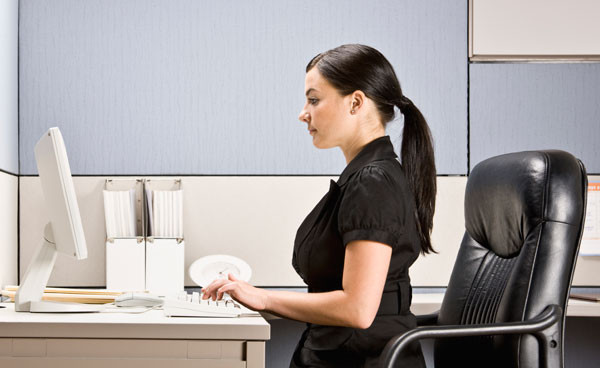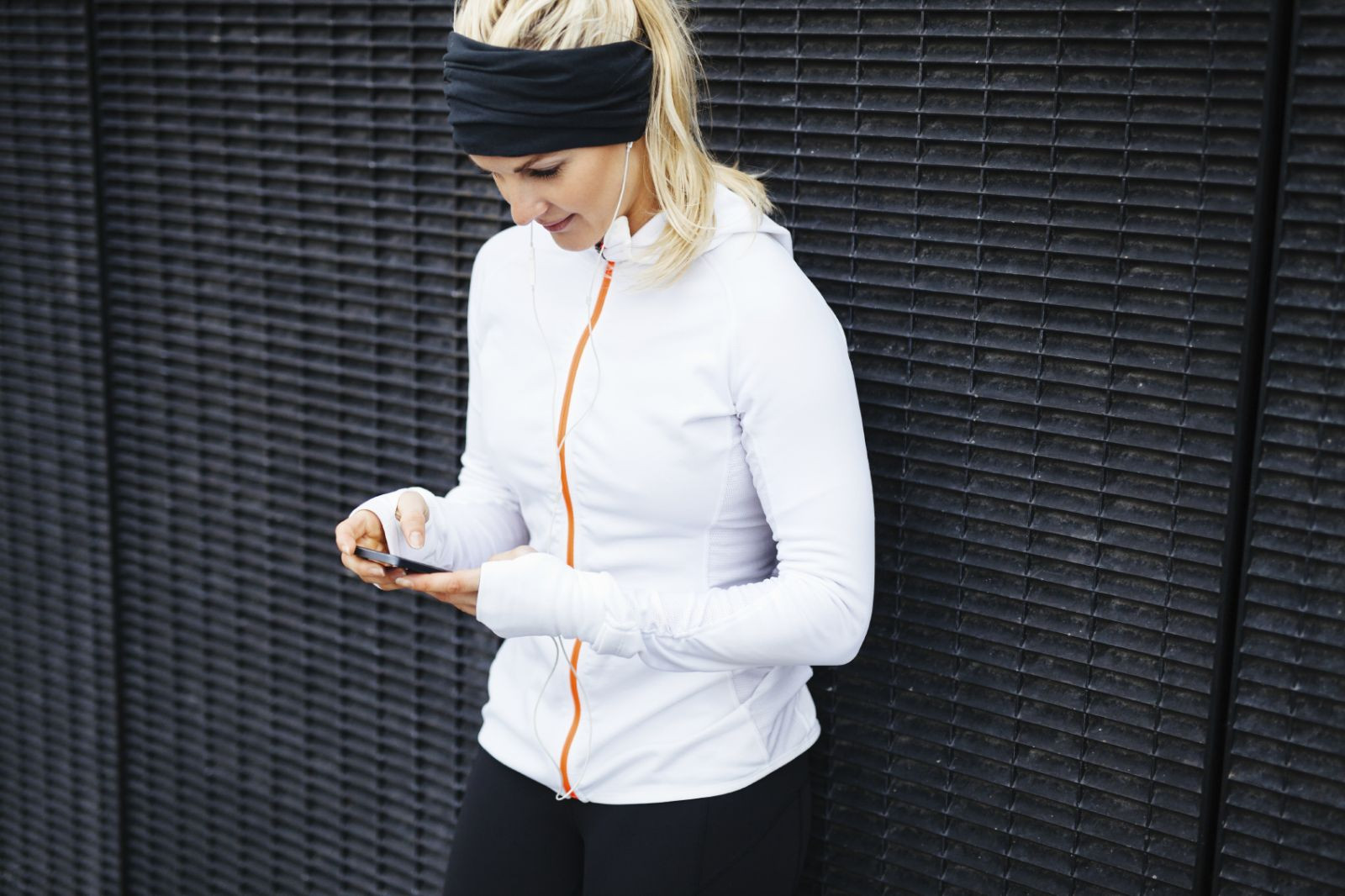
5 timeless habits for better health

What are the symptoms of prostate cancer?

Is your breakfast cereal healthy?

When pain signals an emergency: Symptoms you should never ignore

Does exercise give you energy?

Acupuncture for pain relief: How it works and what to expect

How to avoid jet lag: Tips for staying alert when you travel

Biofeedback therapy: How it works and how it can help relieve pain

Best vitamins and minerals for energy

Should you take probiotics with antibiotics?
Exercise & Fitness Archive
Articles
Find your exercise fit!
Figuring out the exercise style that best suits your needs will help you stick to a plan.
Image: © iStock
Making a plan to get regular exercise can be challenging. There are many options, and you may not be sure how to narrow them down. "The result may be that you put off exercising," says Madhuri Kale, a physical therapist at Harvard-affiliated Brigham and Women's Hospital.
It helps to know the basic categories of activity you can choose from: exercise classes, gym workouts, home workouts, and vigorous work or recreational activity. Here are some pros and cons to consider for each.
Rx for longer life: Maintain healthy habits
It appears that the risk of an early death falls with each additional healthy lifestyle behavior that is maintained, even in people who are overweight.
Is a new tool for fitness research already in your own pocket?
Real-world tracking of exercise habits with a smartphone may inform future cardiovascular research.
Image: © Halfpoint/Thinkstock
Nearly two-thirds of Americans own a smartphone, which comes in handy for instant access to all sorts of information, from driving directions to medical advice. According to a Pew Research Center report, 62% of people have used their phone to research a health condition.
But smartphones can also collect personal health data, aided by apps that track your activity level throughout the day. Because activity and fitness levels are so closely tied to heart health, an accurate assessment of these factors may offer new clues for preventing heart disease.
The case for measuring fitness
Cardiorespiratory fitness may soon be considered as a vital sign on par with blood pressure and heart rate.
Image: © iStock
Three decades' worth of solid evidence linking a sedentary lifestyle to higher risk of cardiovascular disease, cancer, and early death has silenced even the most ardent exercise deniers. Nonetheless, a metric quantifying a person's level of aerobic fitness has yet to make it into the set of tools commonly used to predict heart disease.
But that may soon change. The American Heart Association recently released a statement calling for cardiorespiratory fitness (CRF) to be considered a clinical vital sign, similar to how blood pressure, heart rate, and tobacco use are treated now. Assessing fitness level at your annual visit would help your doctor get a better picture of your underlying heart health and risk of disease down the road.
Why good posture matters
"Stand up straight." That's timeless advice we've probably all heard at one time or another. It's worth heeding. Good posture is important to balance: by standing up straight, you center your weight over your feet. This also helps you maintain correct form while exercising, which results in fewer injuries and greater gains. And working on balance can even strengthen your abilities in tennis, golf, running, dancing, skiing — and just about any other sport or activity.
Not an athlete? It still pays to have good balance. Just walking across the floor or down the block requires good balance. So do rising from a chair, going up and down stairs, toting packages, and even turning to look behind you.
No excuses: How to layer up for walking in cold weather
| Image: iStock |
"It's too cold." "It's too hot." "It's raining." Weather-related excuses are some of the most common reasons that walkers don't walk. But with the right clothing and preparation, almost any type of weather can be walking weather.
A key to staying warm when you're walking in cold temperatures is to stay dry — and that's exactly what layering helps you do. By removing layers as you warm up, you'll avoid excessive sweating, which can cause you to become chilled, especially later in your walk. Then you can replace layers as you cool down to remain warm.
6 tips to help you keep a walking regimen on track
Regular walks are an incredibly popular way to exercise — and it's easy to see why. Walking is easy and free (except for a good pair of shoes), and can be done just about anywhere. But it's those very qualities that can also make it very tempting to skip. If your walking routine is in danger of lapsing, try one or more of these strategies to keep going.
1. Have a backup plan. For example, if you sleep in and miss your morning walk, you commit to taking that walk during lunch instead. Or, maybe you know that dinner with friends will prevent you from taking your evening stroll, so instead you sneak in a 15-minute walk in the morning and another before you meet your friends. And keeping a pair of sneakers in your car gives you the option to squeeze in a walk whenever you have a little extra time.
Does balance go south starting at 40?
Evidence suggests that the vestibular system in the inner ear—which helps detect motion and maintain balance—starts to decline early in middle age and gets worse with each decade.
Should I stand while I read?
Taking an hourly break from reading a book to walk around or listening to audiobooks while walking can provide the health benefits of book reading without incurring the health risks of prolonged sitting.
Large study indicates racket sports offer best protection against cardiac death
In a large United Kingdom study, regularly practicing racket sports, swimming, or aerobics significantly reduced the risk of dying over eight to 13 years.

5 timeless habits for better health

What are the symptoms of prostate cancer?

Is your breakfast cereal healthy?

When pain signals an emergency: Symptoms you should never ignore

Does exercise give you energy?

Acupuncture for pain relief: How it works and what to expect

How to avoid jet lag: Tips for staying alert when you travel

Biofeedback therapy: How it works and how it can help relieve pain

Best vitamins and minerals for energy

Should you take probiotics with antibiotics?
Free Healthbeat Signup
Get the latest in health news delivered to your inbox!
Sign Up











